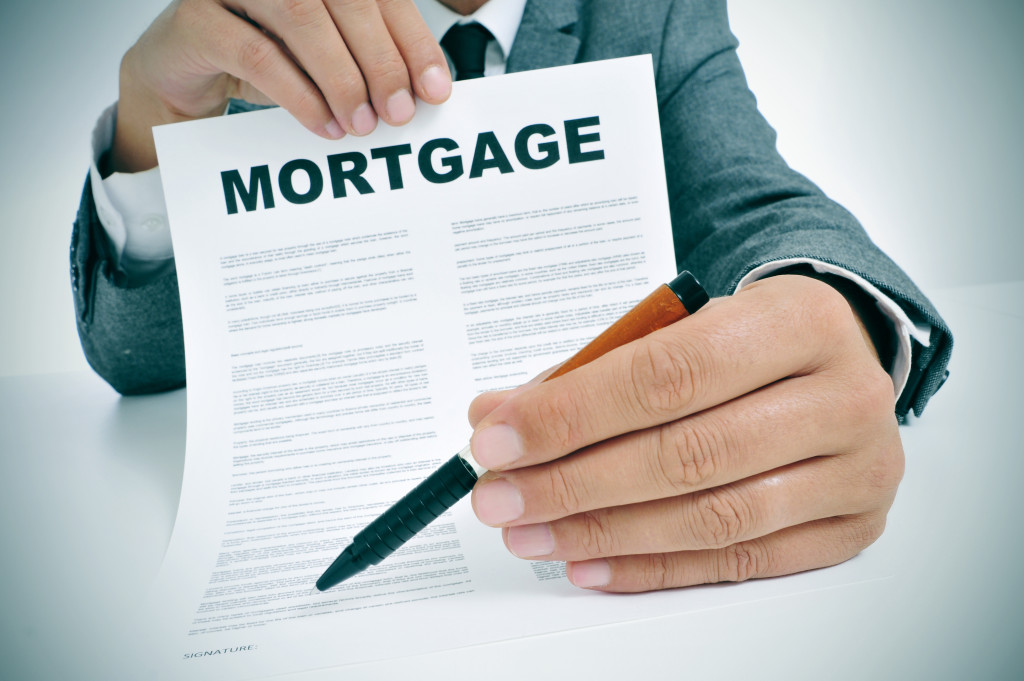Home buying is a massive part of the American economy. It’s estimated that about six million homes are sold annually. About 6.9 million homes were sold last year, even though it was a time when home prices were rising to unexpected levels.
Homes are a great asset for most people, and it’s an exciting option for many. However, the process usually seems daunting when most people think of buying a home. But if you take things one step at a time and remember these five essential processes, it can be much less complicated.
Get a Mortgage Pre-Approval
Shopping for a mortgage is something potential home buyers often forget when buying a home.
When shopping for a mortgage, it’s important to compare interest rates, fees, and other associated costs. It’s also essential to have a good understanding of your credit score and credit history. A good credit score is around 600 to 739, but if you’re getting a government-based loan, you can get approved with just 500 in your credit score.
Some lenders may offer you a mortgage if you have a low credit score, but the interest rate and fees will be high. So it’s best to work with a lender who offers you a good interest rate and reasonable fees, even if you don’t have the best credit score.
When comparing mortgages, it’s essential to understand how the interest is calculated. Some mortgages are calculated over the life of the loan, while others are calculated over the loan term. It’s important to know which type of mortgage you’re getting so that you can compare apples to apples.
Finally, remember to ask about closing costs. Closing costs include appraisal fees, title insurance, and document preparation fees. These costs can add up, so it’s important to know what they are and how much they will be.

Get a Home Inspection
A home inspection is an essential step in buying a home. It’s often done by the seller beforehand but can also be done by the buyer.
A home inspection is crucial because it can help you identify any potential problems with the home. It can also give you an idea of how much the repairs will cost.
When buying an older home, it’s imperative to get a home inspection. It’s because older homes may have hidden problems that could be expensive to fix.
Get Homeowners Insurance
Homeowners’ insurance is another vital step in buying a home. This type of insurance protects you from damages to your home and belongings. It also provides liability coverage in case someone is injured on your property.
Lenders typically require homeowners insurance if you have a mortgage. But even if you don’t have a mortgage, getting insurance is still a good idea.
The cost of homeowners’ insurance varies depending on your home’s value and the coverage you need. Therefore, it’s a good idea to talk to an insurance agent before buying a home to get an accurate quote.
The average cost of homeowners insurance is about $700 per year. It’s cheap for what it provides your home, especially if you’re in a state that’s vulnerable to storms.
Conveyancing
Most people tend to do their conveyancing, but this is a big mistake. A legal service that excels in conveyancing is essential for home buying. One reason is that it can help you avoid legal pitfalls when buying a home.
Another reason is that it can speed up buying a home. A good conveyancer will be able to help you with all the paperwork and make sure that everything is in order.
Finally, a good conveyancer will also be able to negotiate with the seller on your behalf. It can help you get a better price for your home.
Get a Survey
A survey is an essential step in buying a home. A survey will give you an idea of the property boundaries and the condition of the property.
Getting a survey before buying a home is essential because it can help you avoid potential problems. For example, if you buy a property without getting a survey, you may not be able to build on the property.
Or, if you buy a property without a survey, you may not be able to get home insurance. It’s because insurers want to see a copy of the survey before providing coverage.
The cost of a survey varies depending on the size of the property and the level of detail you need. Expect to pay at least $500 for a good quality survey.
When buying a home, it’s important to remember these five essentials. First, it’ll help you buy a home faster. Moreover, it can ensure that your home purchase is legitimate and that you can avoid all sorts of legal problems down the line.

